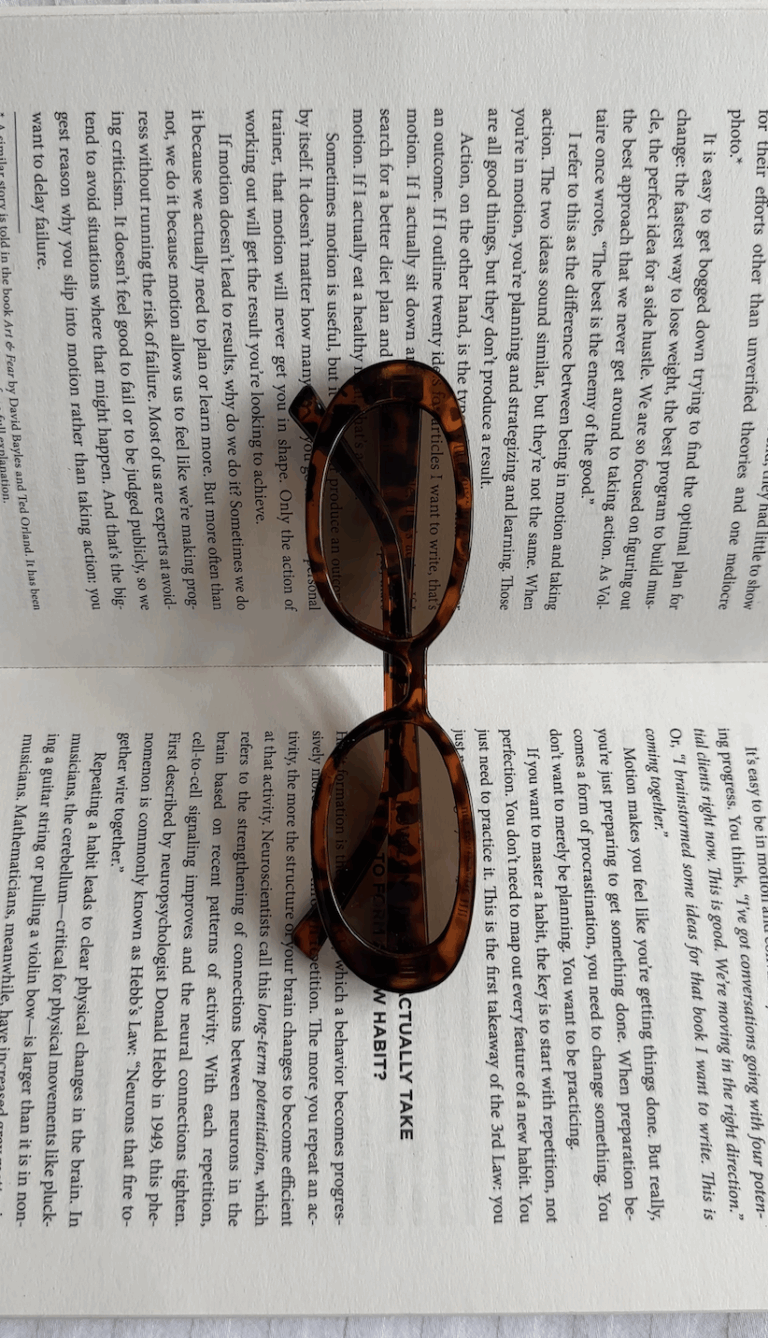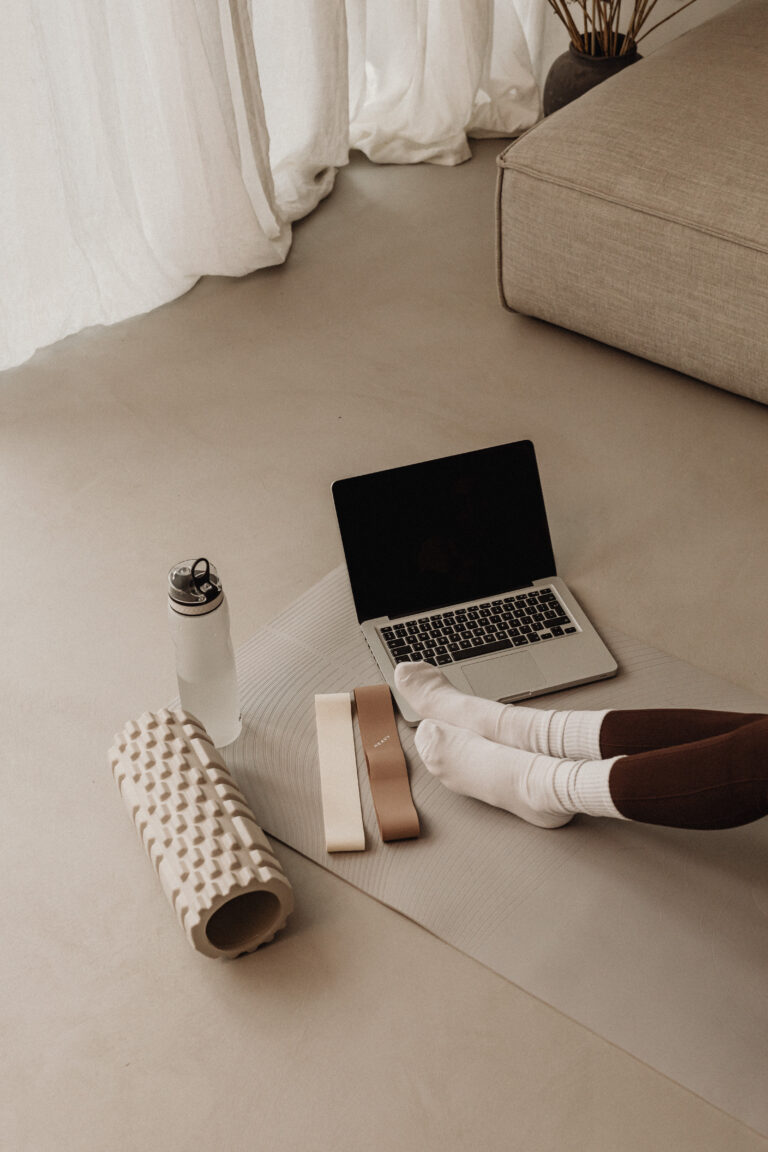Circadian Rhythm Reset: Simple Ways to Sync Your Body Clock
With this circadian rhythm reset guide, discover simple practices that sync your body clock to enjoy good rest and overall well-being.
This post dives into your circadian rhythm and gives a simple guide to circadian rhythm reset for better sleep and daily functioning.

What Is Your Circadian Rhythm?
Your Circadian Rhythm is your natural 24-hour body clock, which impacts the quality of sleep and your energy to get through a day. Our environment (especially sunlight) , syncs with time signals and circadian rhythm. When our body clock is aligned correctly, it supports good rest, energy, and healing.
These are five simple daily habits you can incorporate for a circadian rhythm reset
Circadian Rhythm Reset
1. Sunlight Exposure
We should never lose touch with the sun. It was here before and after us to be a friend and source of energy. A circadian rhythm reset works most effectively with sunlight exposure because it tells your body it’s time to wake up and start the day while providing energy through its light to get through the day!
This is your sign to open windows first thing in the morning or go for a morning walk.
2. Circadian Eating
This means eating at the right times: breakfast in the morning (eating with the sun), lunch in the afternoon, and dinner at night ( at least two to three hours before bed). It’s important to note that your body adjusts to routine and syncs it to your body clock. That’s why this practice helps reset your circadian rhythm. Consistency in regular meal times is a major time signal!

3. Alarm Clock Rebirth
Consistency is needed for your circadian rhythm reset so your body can register time signals. So it’s time to bring back your alarm clock! You can use an alarm clock to create consistency, but you should align it to your natural clock for mornings within the morning hours.
Alarm clocks serve as a tool for training, and instead of harming your circadian rhythm through properly guided timings, you can’t effectively reset your circadian rhythm and gain better sleep.
It’s worth noting that a gentle alarm, such as soft chimes and breath sounds etc. can be helpful. These sounds mimic nature and stimulate your parasympathetic nervous system, helping you wake up without stress or shock.
You could also use a sunrise simulator alarm clock, also known as a dawn simulator. This can help with your circadian rhythm, gently winding you down and waking you up in the morning. Check out our recommended one Here

4. Melatonin
This is the sleep hormone you should pay attention to! Melatonin supports wiring your body clock the right way. Three melatonin boosters you could practice or use are:
- Melatonin-friendly habits: Dimming the light at night because artificial lights don’t support the production of melatonin
- Supplements / Fruits for Melatonin: Fruits like montmorency cherries or melatonin production supplements provide a source of the sleep hormone
- Infrared Lights: Red light therapy ( Red + Near Infrared Light) produces melatonin. This practice is best in the mornings to help your body relax as you settle into the start of your day.

5. Balance Out Your Cortisol Levels
The sympathetic nervous system releases cortisol, not because it’s bad, but because it’s associated with the flight or fight part of your nervous system. Cortisol helps you wake up, pay attention, and face stress, but it should be balanced so your cardiac rhythm doesn’t get thrown off.
A balanced cortisol peaks in the morning but drops at night; that is its flow.
When cortisol is peeked in the morning, you can bring it down in the evening with somatic exercises.
A circadian rhythm reset doesn’t happen overnight. Easing into it with at least one of these practices consistently helps, but always give your body grace and patience so it can adjust properly!
For more helpful and practical ways to gain rest in all aspects of your everyday life subscribe here , so you can stay connected and stay Well!







One Comment